.png)
Unlocking Economic Opportunity Through Community Partnerships
Share:By: Yelena Danziger, Tasha Cornell-Roberts and Martin Scaglione
The U.S. economy today paints a picture of polarization. Despite the longest economic expansion in U.S. history, the decade preceding the COVID-19 crisis saw tremendous growth and innovation that did not benefit all Americans equally. While the GDP soared, millions of people worked jobs that didn’t pay family-sustaining wages or offer the opportunities for upskilling that have traditionally been pipelines for upward mobility. For certain marginalized populations, such as Non-Traditional Career Starters (NTCSs), people of color, or justice-involved individuals, the barriers are even greater. People of color continue to face systematically higher unemployment rates, fewer job opportunities, lower pay, poorer benefits, and greater job instability. Mirroring this trend, it should come as no surprise that these very groups have been disproportionately impacted by COVID-19. Education and training providers, community-based organizations, and workforce development agencies are on the front lines of directly supporting these populations and addressing this opportunity gap and reducing inequity in our workforce system.
Our work has shown cohesive, cross-sector partnerships are key to effective job training and education interventions for NTCSs and other disempowered populations. Forming effective partnerships can amplify each organization’s impact, increase opportunities for funding, and create a local workforce development system that is grounded in evidence-based practices, and collaborative and responsive to the realities facing communities.
To support organizations' understanding of the workforce funding landscape and how to develop innovative and successful cross-sector partnerships, Third Sector and Hope Street Group partnered to develop the Workforce Ecosystem Mapping Guide. The guide was developed for Hope Street Group’s Skilling America initiative, an online learning platform designed to train workforce, education, and HR professionals -- or whom we refer to as Navigators -- on a variety of knowledge, tools, and technology to help NTCSs with limited access to economic opportunities gain advancement and sustainable wages. This new guide is one of many resources available on the Skilling America platform and helps professionals to:
- Identify the eight major federal funding streams for education and job training activities
- Understand how federal funds flow to local communities
- Develop regional and local partnerships to broaden impact and leverage federal funding
- Navigate the process of prioritizing and applying for public and private funding.
This guide is specifically designed to be actionable, so that users can readily apply workforce ecosystem mapping to their own organizational context. It presents a clear framework to help dissect the myriad of federal funding opportunities, using standardized building blocks - dollars, service, policy, and data - to explore different funding streams. The guide challenges professionals to incorporate human-centered service design by orienting their analysis of partnerships and related funding opportunities with a focus on the individual job seeker and which partners can best meet the job seeker’s needs.
The COVID-19 pandemic has thrown the American employment landscape into chaos, and building a more resilient workforce system — with data-informed perspectives and evidence-based approaches to identifying and developing in-demand skills and roles — will be the great challenge of the 2020s.

As we look to recovery, we must challenge ourselves to create programs that help all groups in society succeed and avoid the inequities of the past decade. These inequities have become even more apparent in the wake of the COVID-19 crisis. Certain populations, especially people of color, have been disproportionately affected by both the socioeconomic and health impacts of the pandemic. As a society, we should ask ourselves why this discrepancy exists; as a workforce system, we should ask ourselves how we can ensure we aren’t perpetuating existing disparities, and how we can equip ourselves to serve different populations. It will be more important than ever for organizations to be innovative and create cohesive partnerships to serve more people. The Workforce Ecosystem Mapping Guide will help organizations take a human-centered approach and put the needs of the individual job seeker at the forefront to more effectively help those in need. By collaborating across sectors, our workforce development system can become more dynamic, resilient, and equitable, something that is needed now more than ever.
Hope Street Group and Third Sector would like to acknowledge the efforts by the following contributors to make the Workforce Ecosystem Mapping Guide a reality: Chelsey Crim, Christine Hubley, Martin Scaglione, Tasha Cornell-Roberts, Vanessa Lin McGraw, and Yelena Danziger.
For more information on Skilling America, please visit skillingamerica.org.
Third Sector, a 501(c)3 organization, has worked with more than 40 communities to deploy more than $806 million of government resources towards outcomes. With the mission to accelerate the transition to a performance-driven social sector, Third Sector uses public funding and data as levers to impact how governments, providers, and their partners work with and improve the lives of the people they serve. This process has led to quantifiable improvements in people’s lives by creating new incentives to inspire sustainable operational changes.
Hope Street Group, a 501(c)3, has been in existence since 2003 creating solutions like the National Teacher Fellows Network, the Retail Opportunity Network, the Manufacturing Career Pathways Network, the Health Career Pathways Network, and now Skilling America, a proven solution tested and in use today.
